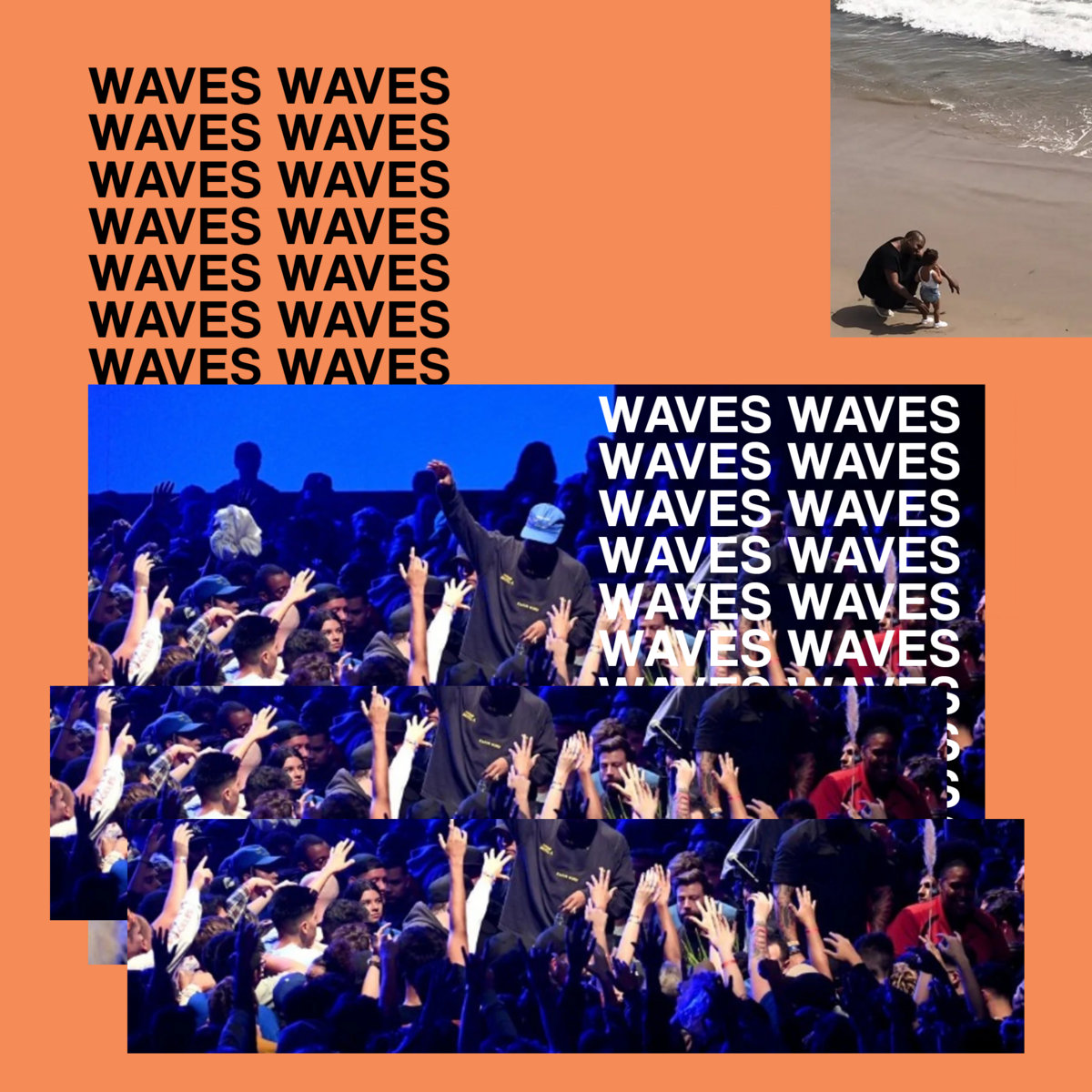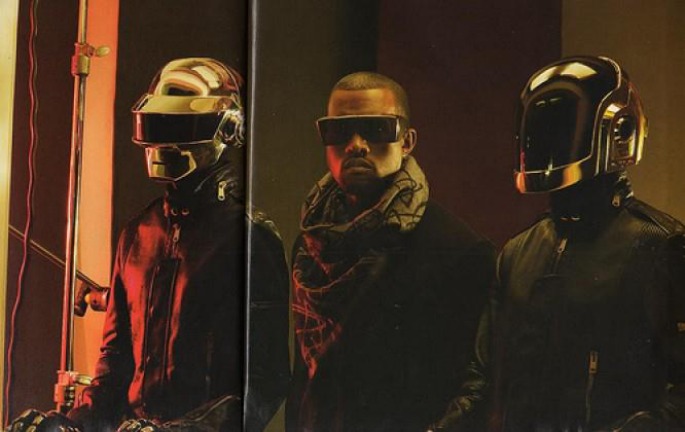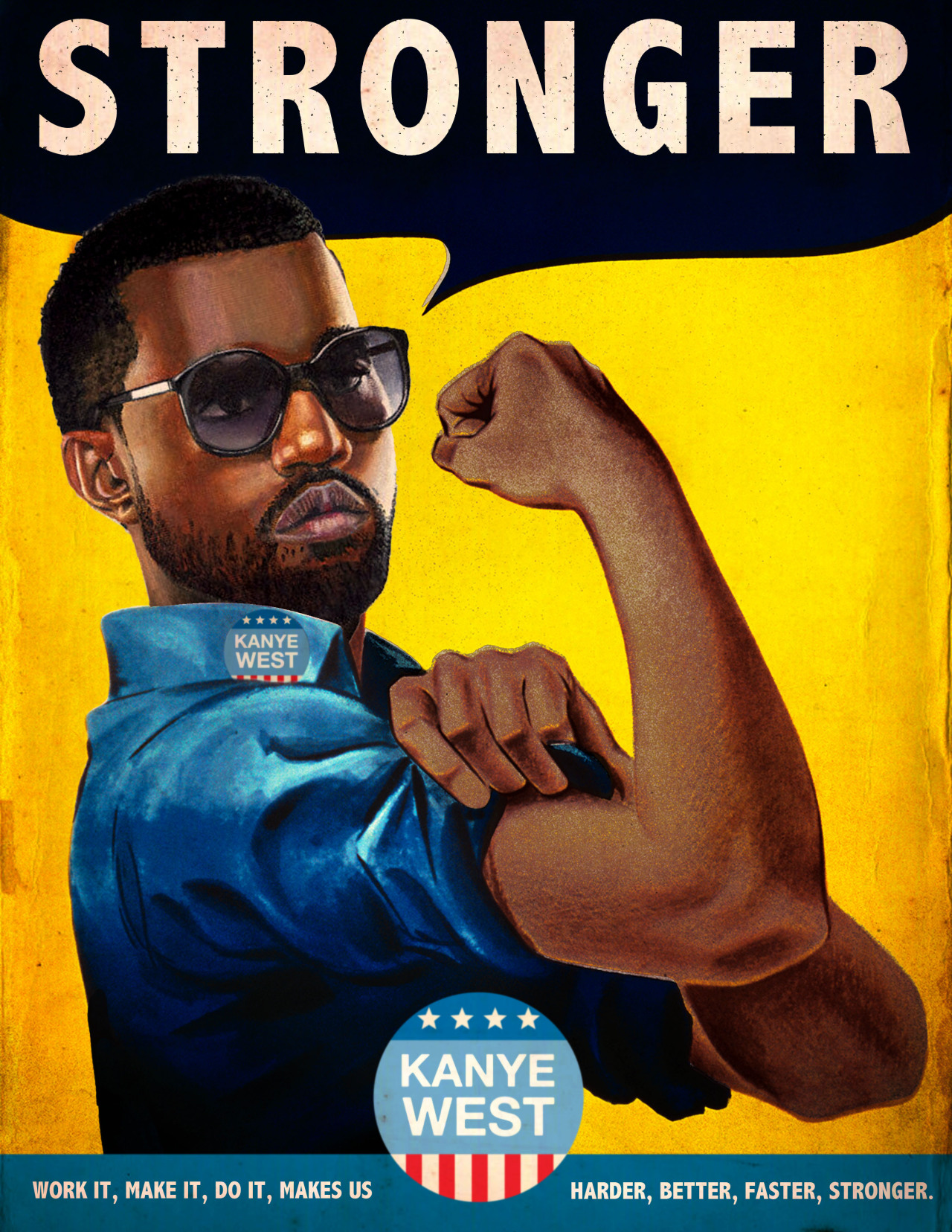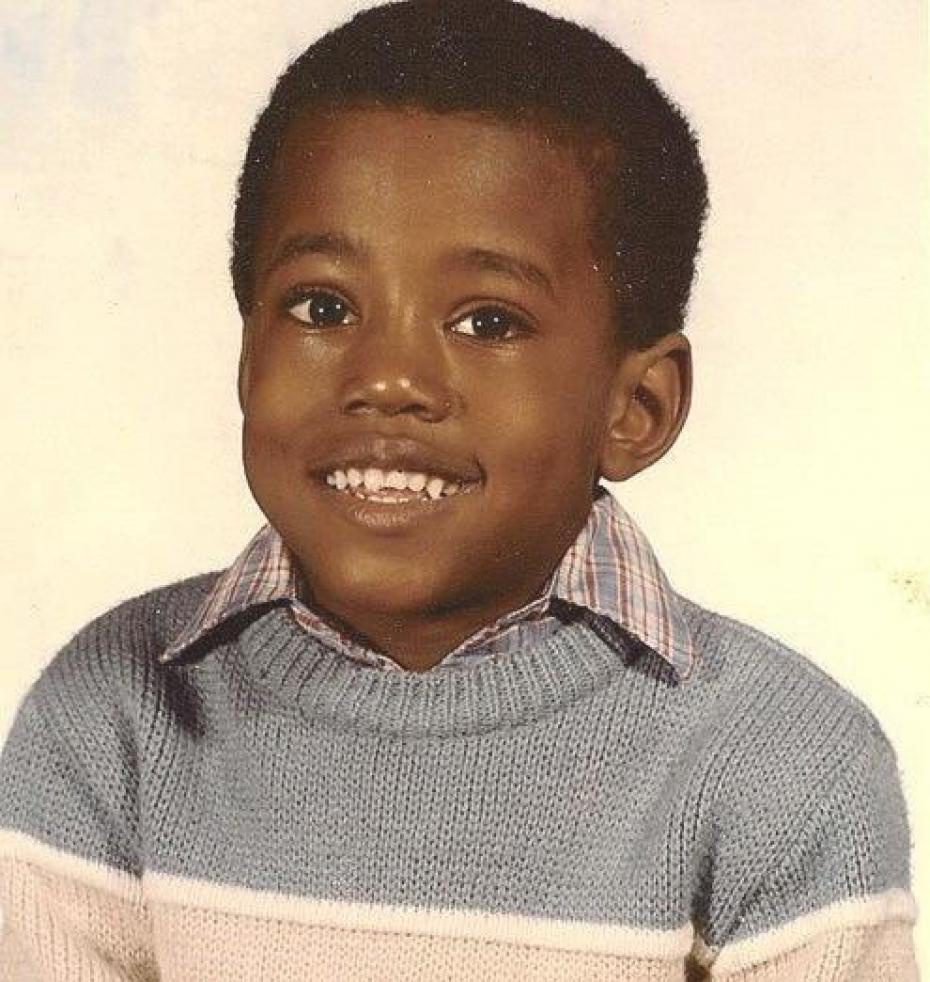In February 2024, a tremor ran through the music world with the leak of Kanye West’s “Carnival.” While the song boasted impressive production and featured collaborations with Ty Dolla $ign, the true firestorm ignited by “Carnival” resided within its lyrics.
“Carnival” explodes onto the scene with a dark, almost ominous atmosphere. Chants provided by Italian Ultras – a controversial choice in itself – create a carnivalesque tension that’s underscored by a sample eerily reminiscent of Black Sabbath’s “Iron Man.” West dives headfirst into a stream of consciousness, name-dropping Elon Musk and referencing the #MeToo movement in a single breath. This frenetic pace sets the stage for what unfolds next: a lyrical tightrope walk that careens between social commentary, personal vendettas, and a jarring sense of self-importance.
A particularly contentious section reignites the embers of West’s long-standing feud with Taylor Swift. Referencing the infamous 2009 MTV VMAs incident, West employs his signature braggadocio, proclaiming himself the “new Jesus.” This act of self-deification is a recurring motif throughout “Carnival.” West weaves comparisons between himself and other controversial figures, including R. Kelly and Bill Cosby. These comparisons are more than just name-dropping; they’re a deliberate blurring of the lines between artistic expression and exploitation. Further muddying the waters is West’s complete lack of apology or remorse. This stance feels like a calculated provocation, guaranteed to alienate listeners who believe his past actions demand accountability.

“Carnival” attempts to grapple with societal issues, but the lens through which it views them is distorted. West criticizes the pervasiveness of pornography, aligning himself with a conservative viewpoint. However, this critique is overshadowed by his more inflammatory statements, making it difficult to find any genuine message amidst the controversy.
The song’s most explosive moment undoubtedly lies in its treatment of the #MeToo movement. West questions Taylor Swift’s narrative surrounding the VMAs incident, implying a manipulation of the movement for personal gain. This is a dangerous line to tread. Not only does it disrespect Swift’s experience, but it undermines the countless victims who have bravely spoken out about abuse. By suggesting a fabricated narrative within #MeToo, West dismisses the very real struggles faced by survivors.

“Carnival” stands as a monument to Kanye West’s ability to court controversy. His lyrics are a potent mix of social commentary, personal vendettas, and religious imagery. While some might find these pronouncements thought-provoking, many listeners find them offensive and disrespectful. The song’s true impact lies not in its musical merit, but in its ability to spark conversations about power, accountability, and the role of celebrities in social movements. “Carnival” forces us to confront the complexities of artistic expression when it collides with personal demons and societal issues. Looking ahead, it’s unclear what impact “Carnival” will have on West’s legacy. Will it be remembered as a creative misstep or a reflection of his unfiltered psyche? One thing is certain: “Carnival” is a song that will not be easily forgotten.










